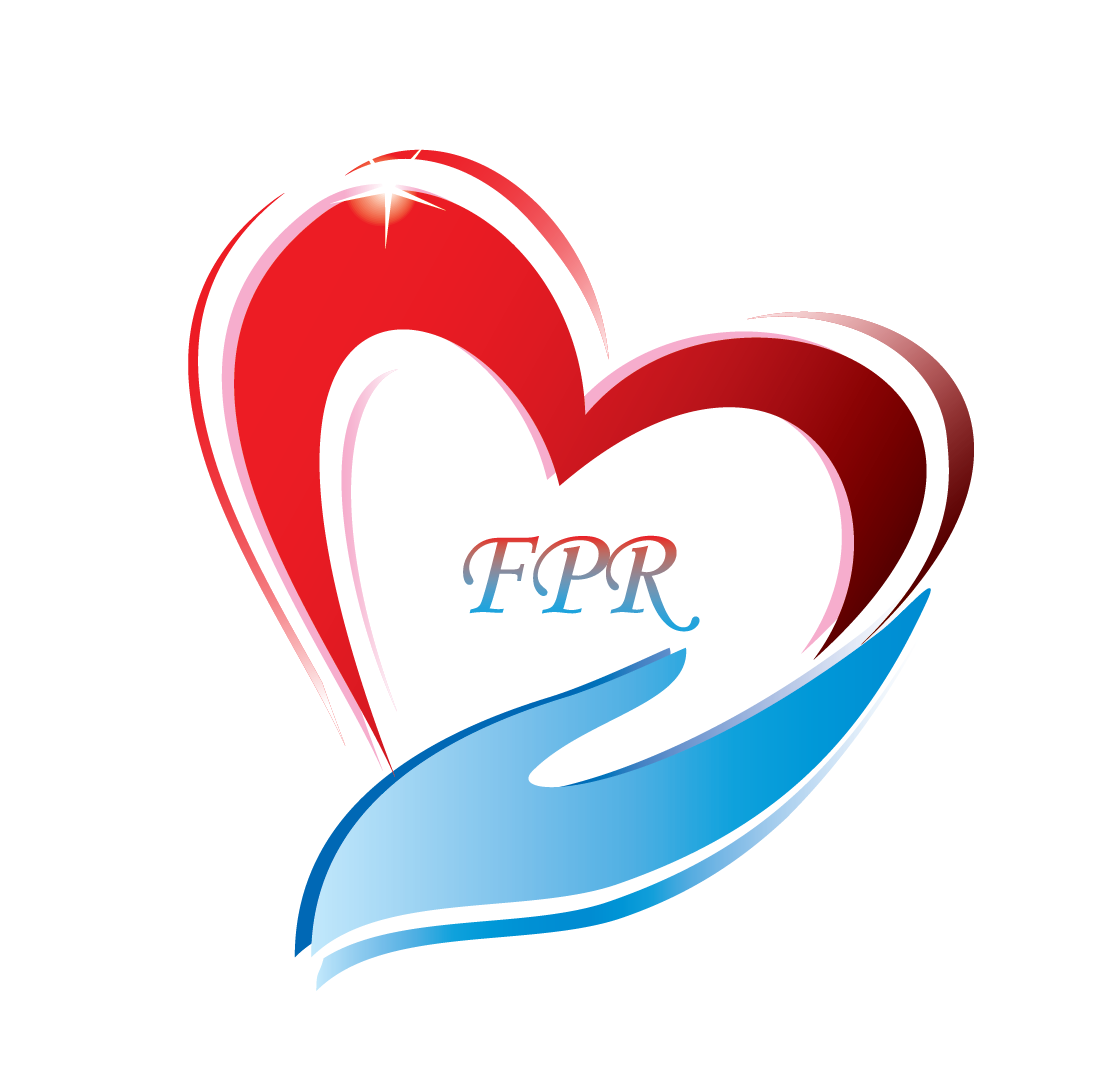I'm concerned about my child... What should I do?
How do I know my child needs Occupational Therapy?
My child has trouble:
- figuring out how to play with new toys
- playing with peers
- adjusting to new environments
- settling down for meal time or sleeping
- using tools for writing and feeding
- walking or running without tripping or bumping into objects
- getting dressed
- tolerating the feel or taste of many foods
- adjusting to new sensation: movement, touch, sound
- sitting and listening
- learning how to play games
How do I know if my child needs Speech Therapy? My child has trouble:
- learning how to speak
- pronouncing words so that others can understand
- staying on topic
- speaking with peers
- answering and asking questions
- following directions
- responding when I call his/her name
- listening when there is noise in the background
- remembering information
- chewing and swallowing
Pediatric Therapy Evaluations
Our Evaluations are always highly individualized and comprehensive, and incorporate standardized testing as well as interviews and observations in all relevant settings, such as schools, daycare centers and afterschool activities.
● Following your call or email, you will be contacted by front office to discuss your concerns and schedule an evaluation.
● Evaluations generally take place over the course of one 60 minute session at the clinic.● Testing includes clinical observations, parent report, and standardized testing.
● Results of the evaluation will be sent to primary doctor and discussed and given to family upon request.
Pediatric Therapy Treatment
Therapy duration and frequency varies according to the needs of the child. Services are tailored to meet the changing needs of the child and provided in the setting that best addresses current issues, whether they're at home, school or in the community. Parent and caregiver education and training are an integral part of each treatment session.
Services are delivered individually.
Treatment methods vary depending on the needs of the child, but may include and are not limited to: Brain Gym, Therapeutic Listening, Interactive Metronome, aquatic therapy, sensory integration, Masgutova method, neuromuscular reeducation, Astronaut Training, Kineiso taping, and Theratog strapping. Orthotic management and training, massage therapy, assistive technology and adapted equipment may also be used.
